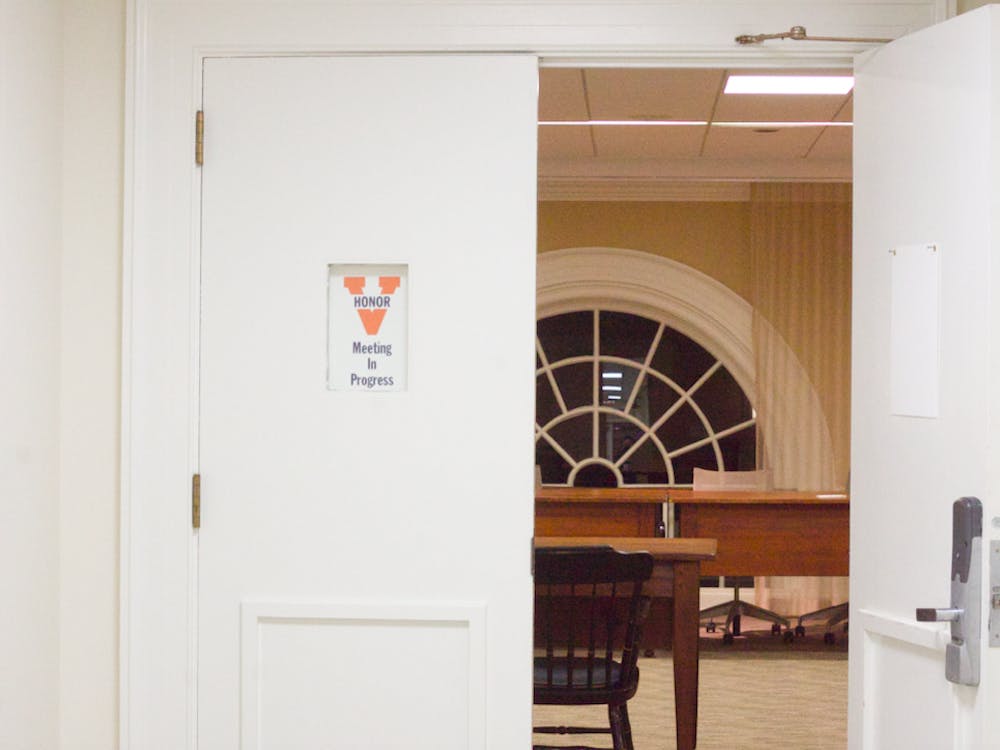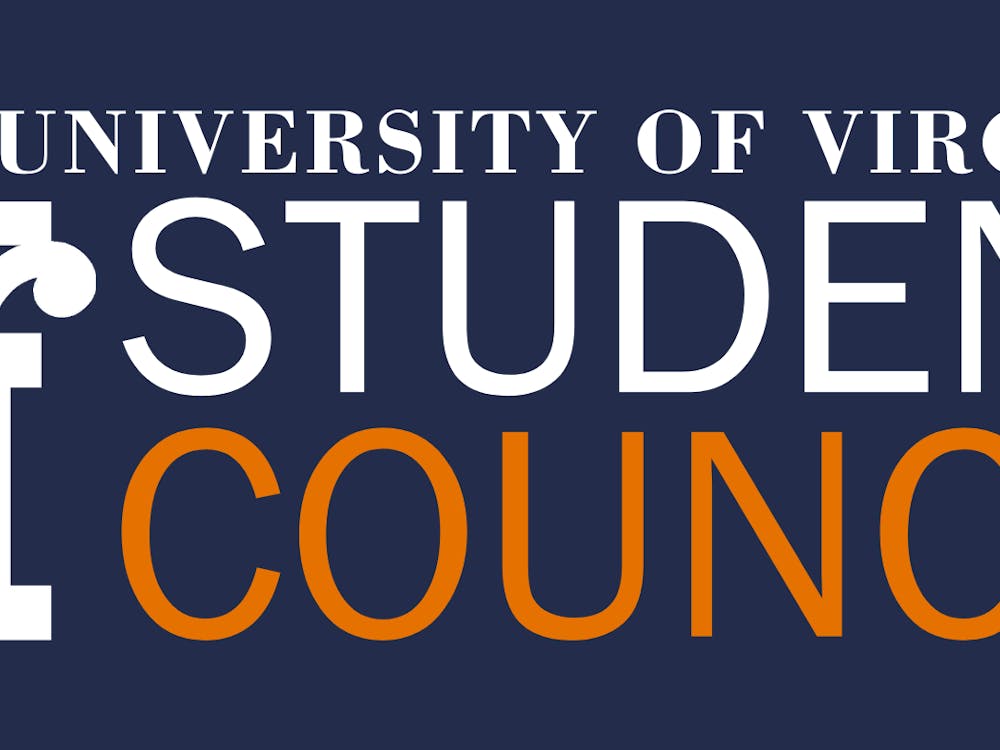Leadership and responsibility are qualities every student should be allowed to learn and express while at the University. However, these philosophies have been misused most by the free reign bestowed upon us by the administration. Organizations like the Honor Committee, student Class Councils and the University Guide Service prompt underlying faults which hinder action. Self-governance pits student against student, allows an elite class to govern and underrepresents many groups. All of these complications will continue to divide students unless fundamental administrative intervention is taken to change the way our system works. The way student leadership works right now is not true self-governance, but an aristocracy.
Competitiveness in joining student organizations and academics is quite contradictory to what the University strives for in the idea of student self-governance. The University states the culture of self-governance gives graduates “a lasting sense of initiative, decisiveness and self-confidence.” Self-confidence is crushed when a new student can’t get into any clubs because they don’t quite fit the mold. Those who say this prepares us for the workplace are looking at the outside world from a pessimistic angle. The focus should be on easing students into the process of adulthood. Many of the aspects surrounding our college life are far from adulthood. The assumptions that weekends start on Thursdays, work only lasts in increments of 50 minutes and the way we act in college would be sufficient in the workplace are all examples of where students still need administrative guidance. Student competitiveness is perpetuated by the administration through student self-governance and hurts students who are introverted or otherwise unique in some alienating way. It creates a social aspect which is unwelcoming, cliquish and elitist.
Saying we have a unique group of student leaders on Grounds is far from accurate. Of the student leaders who have just recently been elected, many of them have prior experience with their respective positions. Sarah Kenny, Alex Cintron, Galen Green and Malcolm Stewart all have experience with the positions they successfully ran for, yet change continues to elude us. This is because the cycle of experience over innovation has plagued student elections on multiple occasions. This produces an atmosphere where people are discouraged from running against experienced candidates in fear of receiving a negative response to their candidacy. A great example was the campaign of Kelsey Kilgore, who received unjustified attacks for being an outsider to the Student Council establishment.
Student leaders often say they are here to represent the underrepresented, but year after year we get the same result — nothing of the sort. Honor is the first organization that comes to mind when we hear about student self-governance. If you look at the makeup of Honor, however, a plethora of demographics are underrepresented. Even outgoing Honor Chair Matt West has admitted that the perception of the committee as majority white is accurate. Certain identities underrepresented on the committee include student athletes, LGBTQ students and international students. This past year’s open honor trial was a prime example of an international student being implicitly discriminated against due to a lack of proper representation in Honor. Important committees like Honor and the University Judiciary Committee must have de facto members from organizations like the Black Student Alliance, Muslim Student Association and the LGBTQ community. The goal would be to represent all sides until the culture shifts towards equality on all fronts. Ideally, all groups would be represented on these committees, but this has yet to be achieved.
Not every instance of student self-governance is wrong or hurtful to student atmosphere — there are always examples of where it does perform properly. Yet, given growing attitudes about our socioeconomic, racial and international inequalities, something needs to be done to change the dynamic. Otherwise, actual self-governance will never be achieved.
Mark Felice is a Viewpoint writer for the Opinion section. He may be reached at opinion@cavalierdaily.com.





